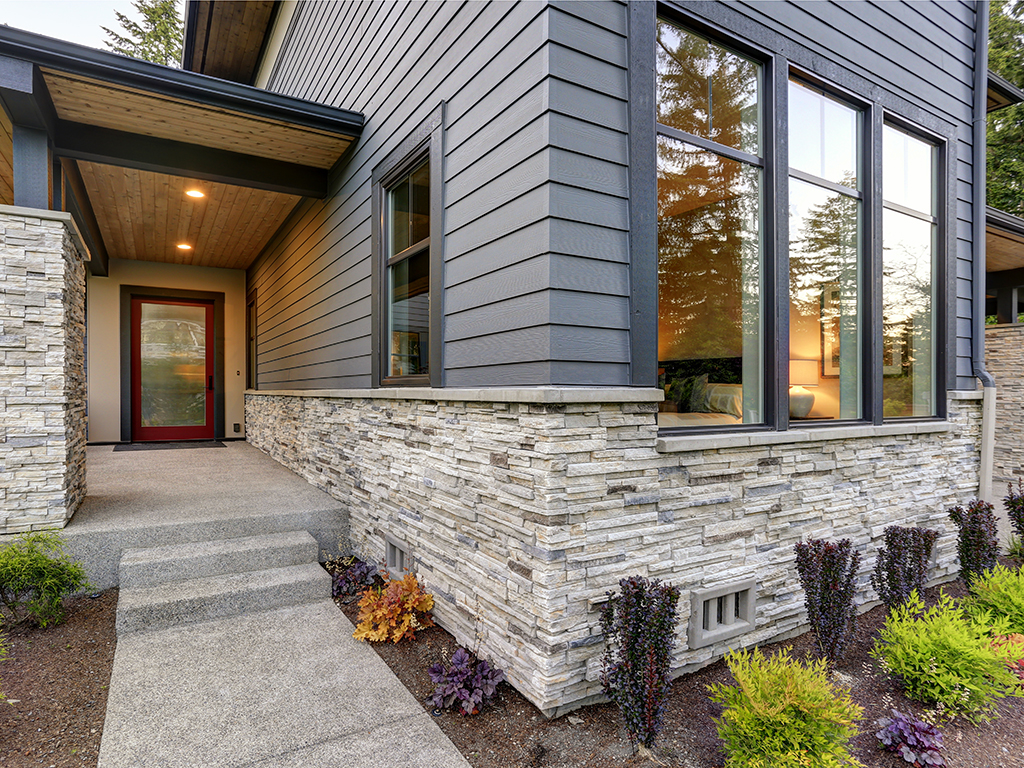
When it comes to selling your home, you would want to pocket as much money as possible. So, how much is your home worth? After all, if it isn’t worth much, you wouldn’t want to overprice it, but if it is worth a lot, you wouldn’t want to lose out by pricing it to low, either. The value of your home depends on many factors, such as size, number of rooms, and location and much more. Some factors will have a much more significant impact than others, and some will barely even increase the price at all.
Three factors that will significantly affect your home’s value—condition, location, and changes.
1. Condition
No two homes are a hundred percent alike. Even if they have the same floor plans and are built to copy each other to the final detail, there will always be one differentiating factor—condition.
When your house grows old over time, repairs and replacements are due. When that happens, the list price of your home is also affected. For example, a well-maintained home can sell for around $500,000. If your home isn’t in good shape, that price can quickly drop to $480,000. As you can see, maintenance pays off, and your efforts reward you with plenty of money when you finally sell the home.
The condition of your home also affects appraisal, where the agent may underprice your home to prevent any chances of overpricing it.
2. Location
The location has a myriad of ways that will affect the value of your home and are usually subjective. For example, parents would prefer homes near to schools so that their kids can get there quickly. Others, like office workers, might prefer to be nearer to fast food joints or even a shop like Starbucks for a quick grab of their morning fix before work.
Another way location can affect the value of a home would be the statistics of the area, such as economics, crime statistics, and reputation. Not many people would want to stay in a neighbourhood with a higher-than-average crime rate, so putting a higher price there is not the best idea.
3. Changes
Any change your home has undergone, whether it be renovations, remodels, or even repairs, they will have an impact on your price list. That said, they will and always will have a positive effect. Unfortunately, while every upgrade to your home might push the value of your home, some are not worth it. That’s because some upgrades, albeit costly, do little in terms of increasing any value in your home.
In other words, whatever you invest in, make sure that it pushes up your home’s value and potential buyers see it as value. For example, a minor kitchen renovation, while expensive, will have a higher return than a major overhaul of the kitchen. That’s because you spend less with a minor remodel while still drastically changing the looks of the kitchen.
A quick search online can give you a sense of what to do to help you figure out what remodels are the best. A good real estate agent can also guide you to ideas for value improvements as well.
Conclusion
While these factors above are known to affect the value of your home significantly, there are just so many other factors to consider that you’ll have a tough time figuring it all out on your own. While plenty of research can help you find that price, getting your home appraised is possibly the most efficient way to go about it. No matter which route you go for, if you want your home to be valued high, make sure to keep the home well-maintained, perform the right upgrades right before the sale, and keep your negotiating skills sharpened.
If you’re looking for a real estate agent in Windsor, Ontario, that can assist you in determining the value of your property. Get in touch with us today!








